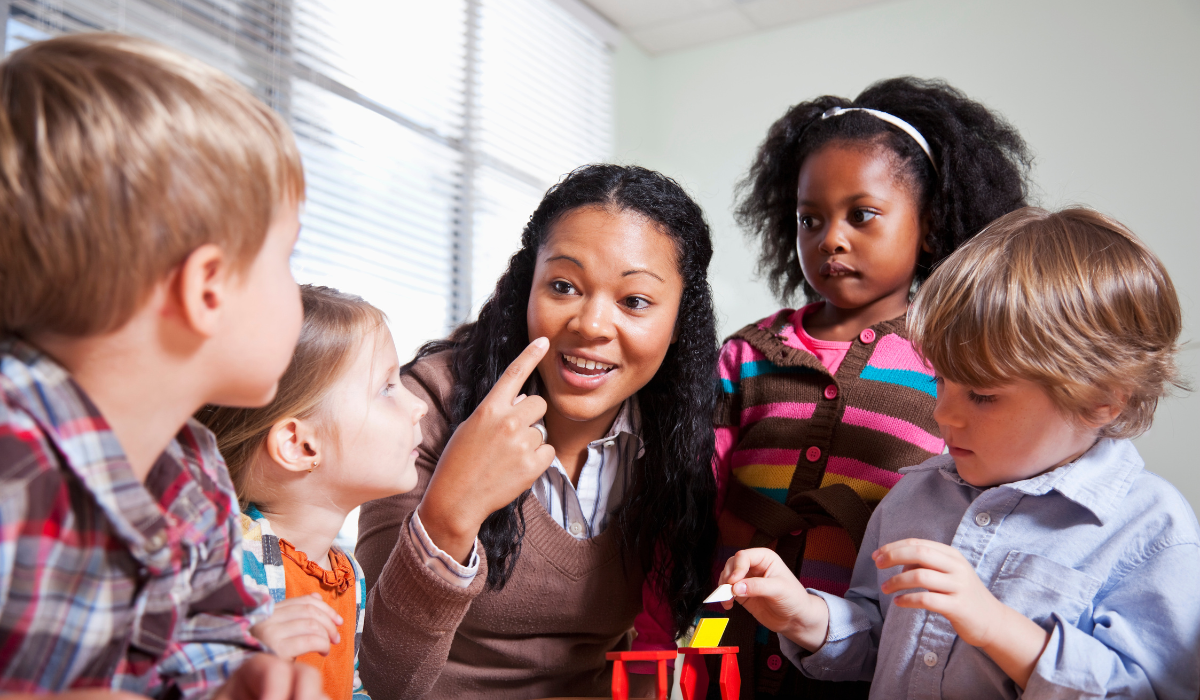Be sure to visit our Behavior Resources webpage to better understand the process.
What is PBIS?
Positive Behavior Interventions & Supports (PBIS) is an assessment-based process to develop effective, individualized interventions to address challenging behavior. Support plans focus on proactive and educational approaches. PBIS always involves:
- decisions based on data
- using functional behavior assessment (FBA)
- proactive and positive teaching of appropriate behaviors
- monitoring the impact of interventions.
School-Wide Positive Behavior Interventions & Supports can be a foundation for teaching, encouraging, and rewarding expected behaviors throughout the whole school building/district.
- More on School-Wide PBIS
These fact sheets from Family Matters include ideas to implement PBIS at home and at school.
Adults often have two different approaches to dealing with problem behaviors. One belief is that the child is a problem, and the other is that the child has a problem. These different approaches are based on different beliefs. PBIS tells us the child is never the problem.
Explain positive vs punitive.
Behaviors are governed by their consequences. These examples are adapted from PACER.
- John has a fight (behavior) and is suspended from school (consequence). If John loves school and can control the behavior, the consequence is negative because he has to give up something he wants (school). If John dislikes school, however, he may see that same consequence as positive. He may learn that fighting is a good way to be sent home. The next time John does not want to be in school, what behavior is he likely to use?
- Billy is a sixth-grade student. He refuses to do his schoolwork. He becomes angry when the teacher reminds him to get to work. He screams, swears, and even throws his work on the floor so the teacher will leave him alone. These behaviors need to change. A functional behavioral assessment can help us identify why Billy is frustrated and angry, so we can help him to learn the skills he needs. We find that he reads at a second-grade level. He’s angry over his parents’ divorce. He is worried about where he will live. A reasonable person would have a hard time believing that punishment alone could help Billy succeed.
Many of us have learned to deal with problem behaviors by doing nothing until they occur. After a child uses the behaviors, we punish. Punishment does not teach new skills, though, its goal is to stop problem behaviors from continuing. The goal of PBIS is to stop problem behaviors.
Any time a child uses a behavior that is successful in meeting a need, the behavior is likely to be repeated. The behavior serves a function for the child. Most people agree that we need to have consequences for problem behaviors.
We must also focus on teaching the positive behavior skills we would like to see. If we can understand the function of problem behaviors, we can teach a child more positive behaviors that serve the same function, and the problem behaviors are no longer needed.
What does the law say?
PBIS is the only approach to addressing behavior that is specifically mentioned in federal law. The Individuals with Disabilities Education Act (IDEA) requires a FBA whenever a child with a disability has his or her current placement changed for disciplinary reasons. Behavior intervention plans are not exclusive to discipline.
The evaluation requirements of IDEA make it clear that children must be evaluated in all areas related to the suspected disability. This means that if your child has problem behaviors that are not improving, your child may need an evaluation to examine the behaviors more closely.
Additional Resources
- MiMTSS Michigan’s MTSS Technical Assistance Center helps intermediate and local school districts implement and sustain a multi-tiered systems of support (MTSS) to improve student outcomes in behavior and learning.
- Positive, Proactive Approaches to Supporting Children with Disabilities: A Guide for Stakeholders OSERS
- Positive Behavior (Interventions and) Support: An Individualized Approach for Addressing Challenging Behavior Vanderbilt University
- Technical Assistance Center on Positive Behavioral Interventions and Supports OSEP
We have a series of webpages to help understand behavior:
Accommodations/Modifications Sometimes an accommodation or modification to the classroom or the curriculum is the solution to a challenging behavior
Behavior Intervention Plan A written plan that identifies problem behaviors and how they will be addressed.
Behavior is Communication All behavior happens for a reason, but why?
Bullying Definitions, actions to take, specific protections for students with disabilities.
Discipline Covering discipline, suspension, expulsion, manifestation determination review.
Functional Behavior Assessment/Analysis A process for collecting data and analyzing the function of (ie- the reason why) a challenging behavior is occurring.
Positive Behavioral Interventions & Supports An approach to addressing challenging behaviors that teaches positive behavior skills rather than just using punishment.
Seclusion and Restraint “Seclusion” means the confinement of a pupil in a room or other space from which the pupil is physically prevented from leaving. “Restraint” means an action that prevents or significantly restricts a pupil’s movement.
Sensory Processing dysfunction can be seen as noncompliance or bad behavior.
School-Wide PBIS A building-wide initiative to support all students in school.


